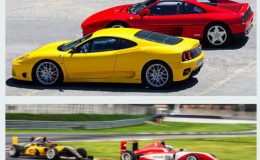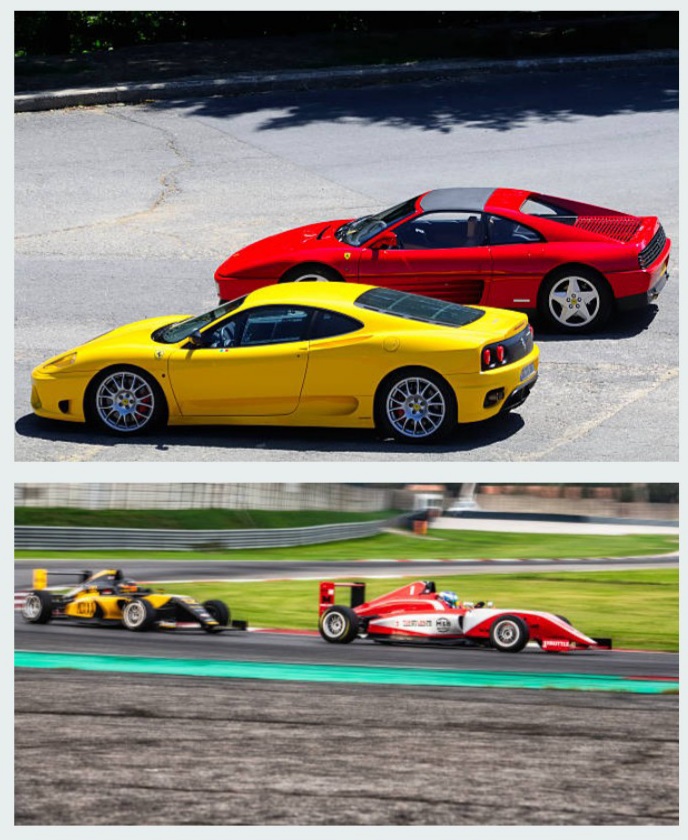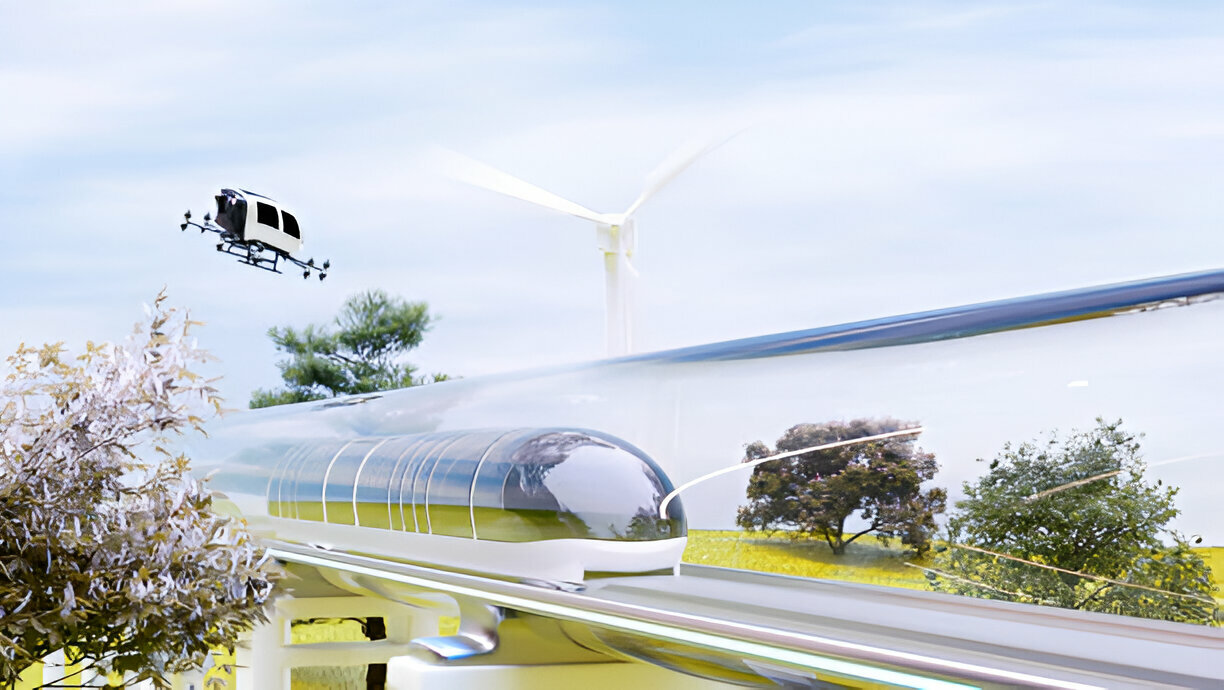Driving Towards Efficiency: Modern Technologies That Aid the Improvement of Fuel Efficiency

We are now in the era where Environmental Sustainability is becoming increasingly important as the automotive industry continuously seeks out ways to enhance fuel efficiency. From cutting-edge technologies to innovative design approaches – the quest to squeeze-out more kilometres from each litre has never been more prevalent. We’ll discuss some of the promising “modern” methods that are revolutionising the way we think about fuel efficiency in this article. Now, let’s dive right in!
Hybrid Powertrains
One of the most significant advancements in fuel efficiency has been the widespread adoption of hybrid powertrains. These systems combine an internal combustion engine with an electric motor, allowing vehicles to operate more efficiently by leveraging both power sources.
Hybrid vehicles can alternatively switch between electric and gasoline power, or combine both for optimal performance thereby reducing fuel consumption and emissions.
Lightweight Materials
Another key strategy that has aided in the improvement of fuel efficiency has been the use of lightweight materials in vehicle construction. Advances in materials science have led to the development of high-strength yet lightweight materials such as carbon fibre, aluminium, and advanced composites. By reducing the overall weight of the vehicle, auto manufacturers have been able to improve fuel economy without having to sacrifice neither performance nor safety.
Aerodynamic Design
Aerodynamics plays a crucial role in determining a vehicle’s fuel efficiency despite not seeming so to the uninitiated. Modern automotive design employs advanced aerodynamic principles to minimise drag and improve airflow around the vehicle. At highway speeds, features such as sleek body contours, underbody panels, active aerodynamic elements, and even minor tweaks such as raising up your windows (yes, you read that correctly) can help reduce resistance or drag which in-turn – enhances fuel economy.
Engine Efficiency Technologies
Engine technology continues to evolve, with a focus on improving efficiency and reducing emissions. Direct fuel injection, turbocharging, variable valve timing, and cylinder deactivation are just a few examples of technologies that help modern engines operate more efficiently. These advancements allow engines to deliver more power while consuming less fuel, resulting in improved fuel economy across a wide range of driving conditions.
Smart Electronics and Connectivity
The integration of smart electronics and connectivity features in modern vehicles has also contributed to improved fuel efficiency. Advanced onboard computers monitor various parameters such as engine performance, driving behaviour, and environmental conditions in real-time.
This data can then be used to optimise fuel delivery, adjust engine settings, and provide feedback to drivers, helping them adopt more fuel-efficient driving habits.
Regenerative Braking Systems
Regenerative braking systems are another innovative technology that enhances fuel efficiency in hybrid and electric vehicles. These systems capture and store energy normally lost during braking and deceleration then uses it to recharge the vehicle’s battery. By harnessing this energy, regenerative braking not only improves fuel economy but also extends the driving range of electric and hybrid vehicles.
As the automotive industry continues to evolve, so too will the methods for improving fuel efficiency. From hybrid powertrains to lightweight materials and advanced aerodynamics, modern vehicles are undoubtedly more efficient than ever before. Feel free to also check out our article on a few actions you can take in order to reduce your fuel consumption.
By embracing these innovative technologies and design approaches, we can drive toward a more sustainable future whilst still enjoying the convenience and performance of personal transportation as we continue to wait and look towards the next generation of vehicles that would expectantly use cleaner energy sources.











No Comments